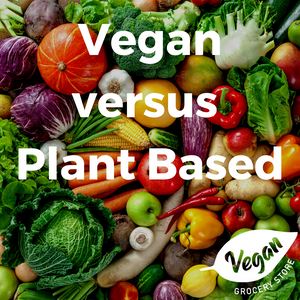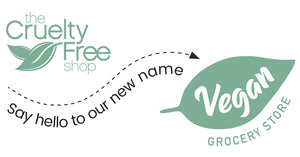Hemp food products approved for human consumption in Australia and New Zealand

Source: ABC News
It will soon be legal to consume hemp food products in Australia and New Zealand, after a landmark decision made in South Australia.
An ongoing campaign to change food regulations culminated in a meeting of federal and state food ministers today, where it was decided low-THC hemp seeds were fit for human consumption.
To be clear, hemp foods sold in Australia are low enough in THC (the hallucinogenic substance found in marijuana) that you can't get high from eating them.
Before today, hemp fell under a classification that prohibits all species of cannabis from being added to food, or sold as a food.
The change should come into effect in both countries in about six months' time.
Previous attempts to allow hemp as a food source were rejected after concerns that people who consumed hemp could then deliver a positive roadside drug test.
But David Gillespie, Australia's Assistant Minister for Rural Health, said the likelihood of low-THC hemp seeds delivering a positive drug test would be "virtually impossible".
"As such, our other ministers in the space, including police, security, agriculture and all the other bodies involved in this space, feel that it is a reasonable thing to include in the food profile of Australia," Dr Gillespie said.
"So that will be going through to each state's legislative processes and gazetting."
Hemp is 'basically a super food'
Among those welcoming the decision was Jessica Bailey, director of The Cruelty Free Shop — an Australian vegan-friendly supermarket and health food store.
Hemp chocolate is among the products sold in their shops, but at the moment it has to be labelled as a body scrub.
"Hemp is a fantastically nutritious product," Ms Bailey said.
''It has omega-3 and omega-6 in perfectly the right mix for the human body.
''It also has something like 20 amino acids in it, including the nine essential ones for human development and it's also really high in protein.
''So it's almost one of these super foods.''
Ms Bailey said that consumer demand for the product would increase now that it had been legalised as a food source.
"Because even just the publicity generated by that decision will get people interested in the product," she said.
"And also it means that we can actively sell it, where as we haven't been able to before, and it's something that we want to be able to actively sell."
Hemp 'extremely useful to farmers'
It was not just those in the health and food industries who welcomed the change.
Victorian farmer Harry Youngman has previously planted two hemp crops on his property, and is preparing to plant a third one late this year.
Mr Youngman said he used hemp as a rotational crop between seasons.
He said the hemp crop was fast-growing, used little water, and even helped with land management.
"We see hemp as a really agronomic tool, it's a very aggressive summer growing crop,'' he said.
''The shady nature will help enormously with weed resistance, and thus using less or no chemicals.
''It's got a very aggressive rooting structure and that, again, for us helps to break up sub soil and improve solid we're managing.
''Finally, from an irrigation point of view, water use efficiency is incredible; we're budgeting on 3-6 mega-litres of water for a crop.''
Mr Youngman said he was already planning on planting another crop this year, but said the decision to allow it as a food source would create more opportunities for the agricultural industry.
''More from a regional development point of view, we see the by-product of the hemp crop being a great opportunity to value-add,'' Mr Youngman said.
''Currently in Europe, BMW is experimenting with [hemp] as a totally biodegradable plastic in their dashboard and fittings in their car."
- Jessica Bailey







Comments 0